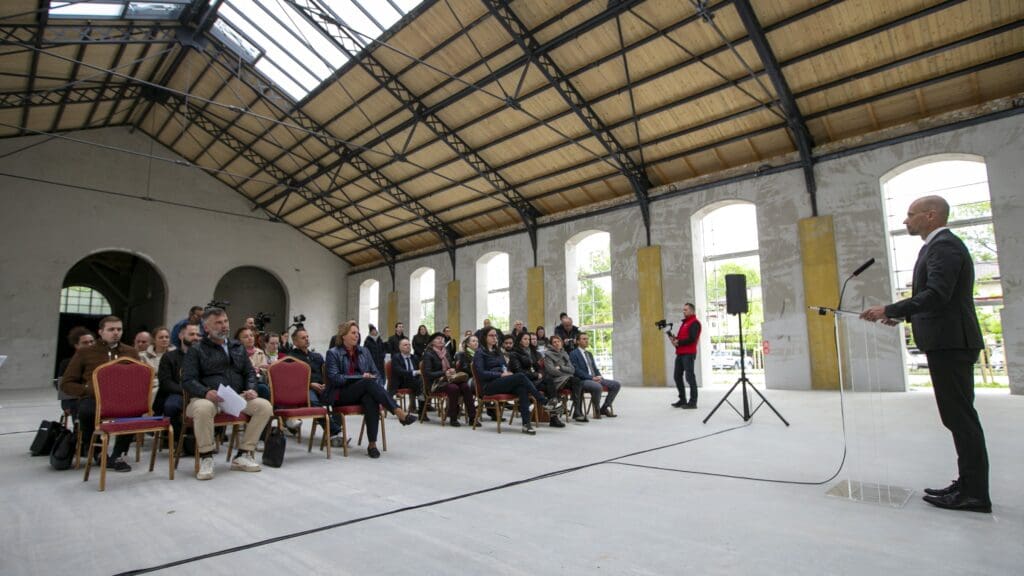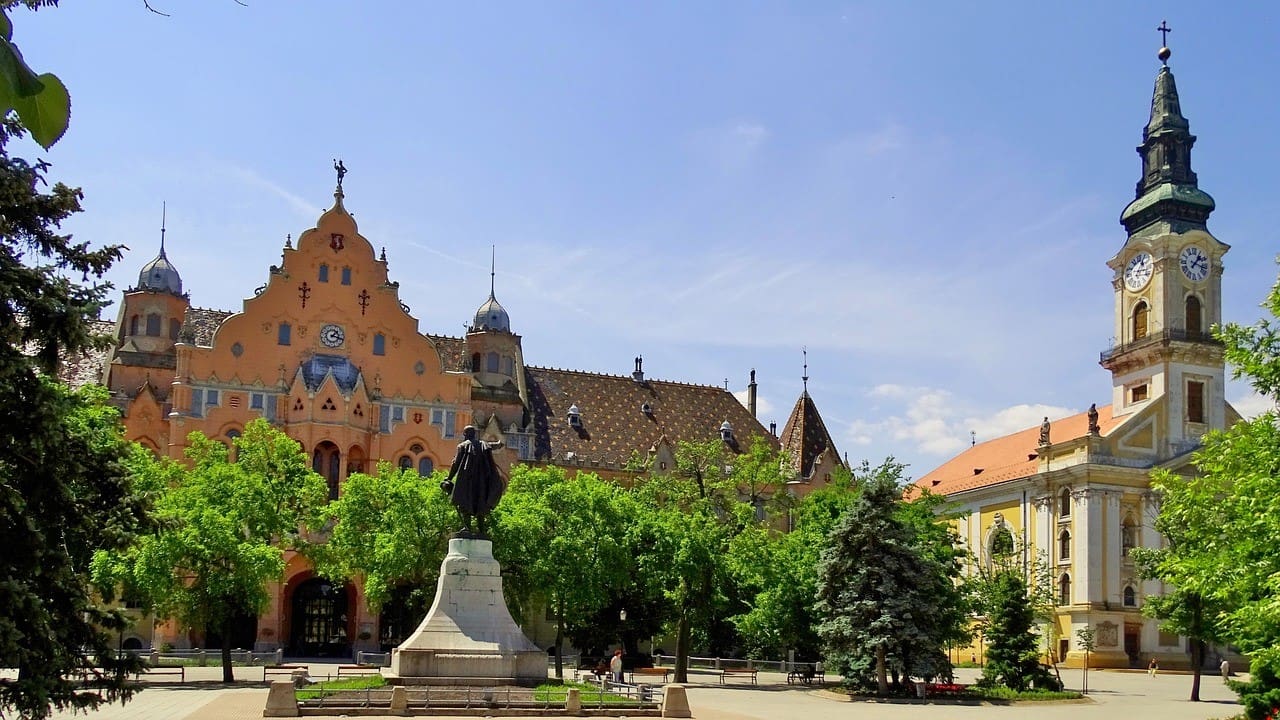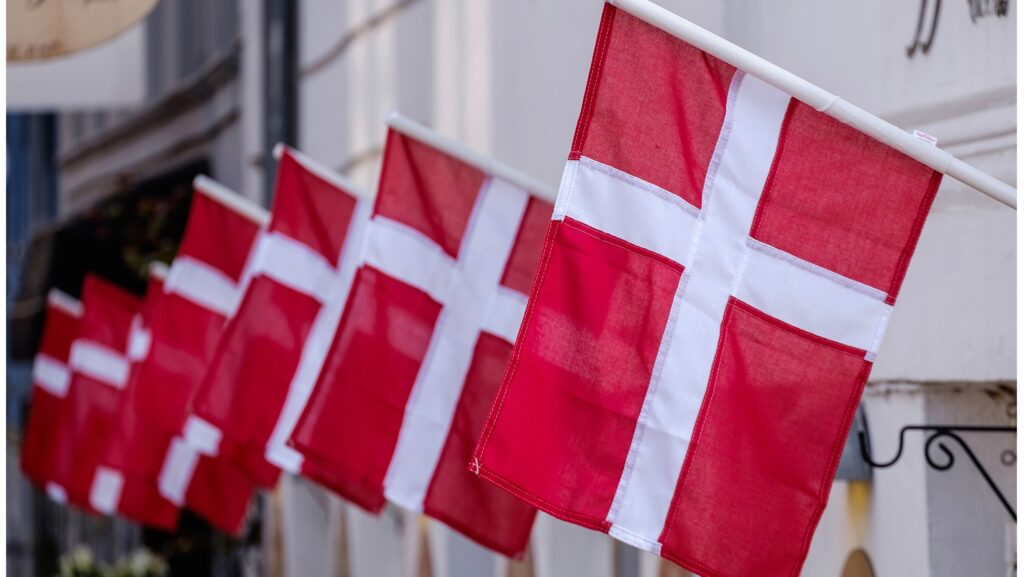The Ministry of Public Administration and Regional Development (KTM) has recently unveiled its latest endeavour to foster sustainable urban development. The initiative, part of the Territorial and Settlement Development Operational Programme Plus (TOP Plus), aims to bridge the gap between underdeveloped rural areas and thriving urban centres in Hungary.
During a press conference in Kecskemét State Secretary for Regional Development Gábor Mayer emphasized the interconnectedness of rural and urban growth. He stressed that the development of the two areas must go hand in hand to achieve sustainable progress, with the pivotal role of cities as drivers of economic and social advancement.
Mayer noted Hungary’s remarkable economic growth over the past decade, attributing it to the concentration of economic activity in urban hubs. However, he underscored the importance of extending the benefits of urban development to surrounding rural areas, calling for a coordinated approach to ensure inclusive growth.
Central to the initiative is the Sustainable Urban Development Strategies (FVS) tool, funded in part by the European Regional Development Fund. This framework empowers 42 rural cities, urban regions, and the capital to strategically plan and implement development projects, totalling a budget of 581 billion forints. Key objectives of the programme include the enhancement of green and blue infrastructure, community facilities, and sustainable transportation systems.

Additionally,
investments in energy efficiency, social infrastructure, and industrial parks aim to foster economic resilience and social cohesion across regions.
Deputy Head of the Authority overseeing the programme János Kosztik highlighted the multifaceted approach to development, encompassing environmental, social, and economic dimensions. He emphasized the need for tailored interventions to address the diverse needs of urban and rural communities, fostering collaboration and shared prosperity.
The initiative also aligns with broader EU objectives for regional development, as member states designate strategic operations to achieve common goals. Hungary’s commitment to sustainable urban development underscores its dedication to fostering inclusive growth and addressing disparities across regions.
Deputy Head of Unit at the European Commission Zsolt Szokolai commended Hungary’s efforts to promote integrated regional growth. He emphasized the importance of cities as engines of economic activity, while acknowledging the challenges they face, including housing and climate issues.
Local leaders, such as Mayor of Kecskemét Klaudia Szemerey Pataki welcomed the initiative as a catalyst for regional cooperation and progress. She highlighted the collaborative efforts among neighbouring settlements to coordinate development initiatives, underscoring the transformative potential of collective action.
Related articles:








